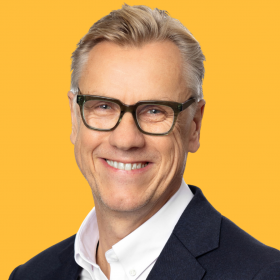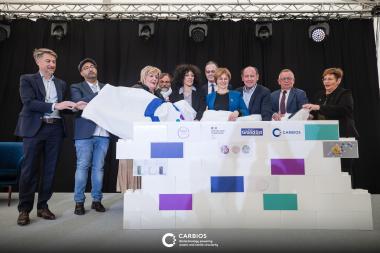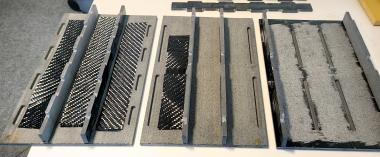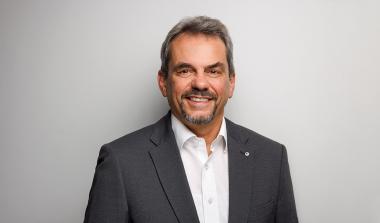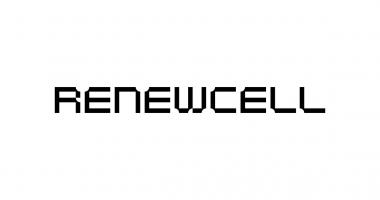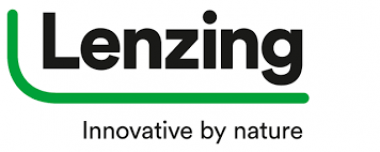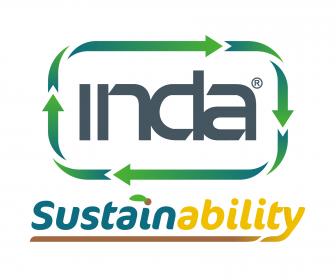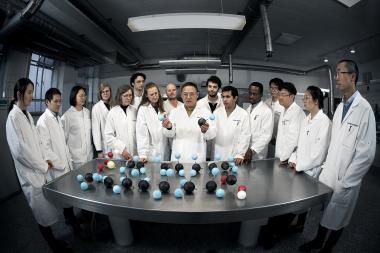GOTS releases new rules and tools
- GOTS Version 7.0 released
- GOTS certified entities grow by 8% and expand to 89 countries
- GOTS releases Due Diligence Handbook for certified entities
- Farm-Gin Registry implemented in India, creating a direct link and better evaluation of incoming data
- GOTS collaborates with European Space Agency and Marple for AI organic cotton project
- #Behindtheseams campaign reaches 21 million+ unique individuals
The Global Organic Textile Standard (GOTS), managed by non-profit Global Standard, recognises 2023 as a year of significant milestones. From expansion of GOTS-certified facilities to the release of a new standard version, GOTS remained a beacon for businesses navigating changing legislation, social and environmental demands.
Coming out of one of the strongest years for GOTS, 2023 culminated with 25 GOTS-approved certification bodies reporting a noteworthy 14,676 certified facilities (an 8% growth from 2022) in 89 countries.
Ushering in GOTS Version 7.0
As of 1 March, facilities that become GOTS-certified will operate under the new GOTS Version 7.0, released in March 2023 with a one-year transition period. GOTS Version 7.0 and its accompanying Implementation Manual provides a comprehensive solution for companies who want to produce organic textiles and be supported to ensure compliance with environmental and human rights due diligence along the entire value chain, from field to finished product.
GOTS Version 7.0 also introduced a six-step due diligence process and handbook that equips GOTS-certified operations to proactively identify, assess and mitigate adverse impacts throughout their value chains.
Looking to the future
GOTS initiated in 2023 two major projects in India, the globe’s largest producer of organic cotton. The Farm-Gin Registry was introduced for the 2022-2023 harvest season, which acts as a link between farm and gin and is a tool to strengthen integrity by collecting organic raw seed cotton data producing farm or farm group.
GOTS, the European Space Agency (ESA) and software company Marple launched a new project that aims to show the potential for remote satellite monitoring of organic cotton cultivation systems. The project trained artificial intelligence (AI) to use ESA satellite data to detect cotton fields across India and automatically classify them according to their cultivation standard. By integrating standardised yield metrics, this innovative approach will enable GOTS to generate realistic estimates of organic cotton yields in specific areas. In addition, the project is expected to empower GOTS to recognise cotton fields that have not yet obtained organic certification but possess the potential for a transition to organic cultivation. The first results of the project will be announced in June.
Educating the consumer
GOTS, in its ongoing commitment to stakeholder education, orchestrated in November an immersive 360-degree awareness and educational campaign. Successfully engaging both consumers and industry professionals, the initiative shined a spotlight on GOTS-certified companies and their products, which empowered consumers to make more conscientious choices while shopping. With an impressive turnout of over 250 certified entities, the campaign made a significant global impact, reaching more than 21 million unique individuals worldwide.
Global Standard gGmbH








